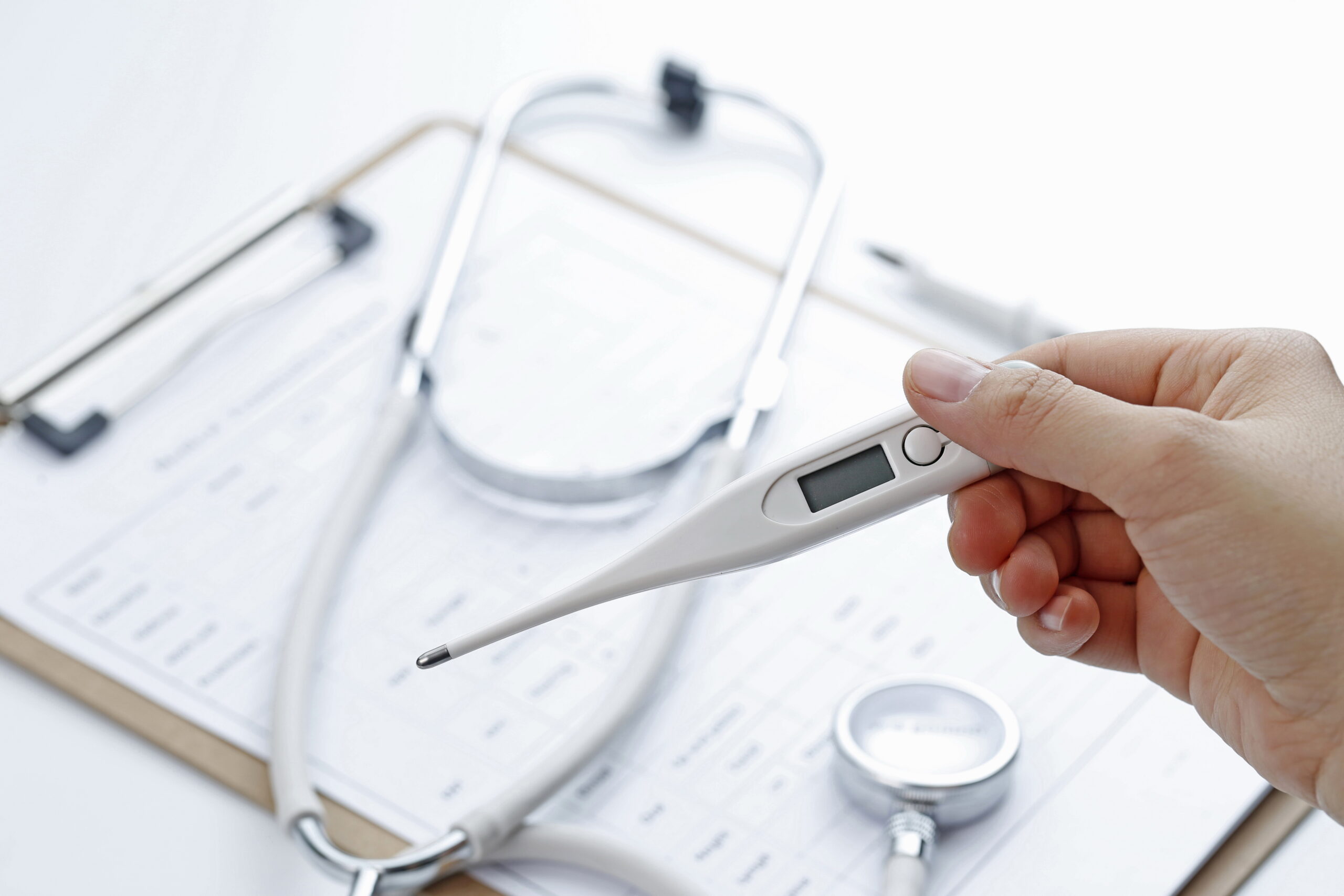From Symptoms to Solutions: 10 Tips for Securing an Accurate Diagnosis

An accurate medical diagnosis is vital for effective treatment and management of health conditions. Unfortunately, misdiagnoses can lead to inappropriate treatments, unnecessary procedures, and worsening of health conditions.
Here are ten essential tips for patients to secure an accurate diagnosis:
1. Document Symptoms Thoroughly:
– Keep a detailed record of your symptoms, including their onset, duration, frequency, and intensity. This helps the healthcare provider understand the progression and impact of your condition.
2. Share Your Medical History:
– Provide a comprehensive medical history, including past illnesses, surgeries, and family health issues. Inform your doctor of previous diagnoses and treatments, as this context can be crucial.
3. List All Medications and Allergies:
– Compile a list of all medications you are currently taking, including over-the-counter drugs and supplements. Be sure to mention any allergies or adverse reactions to medications.
4. Ask Questions About Your Condition:
– Don’t hesitate to ask your healthcare provider specific questions regarding your symptoms, possible diagnoses, and treatment options. Understanding your condition is essential for effective management.
5. Clarify Next Steps and Wait Times:
– Inquire about the next steps in your diagnostic process. Understanding the timeline for tests, referrals, or follow-ups can alleviate anxiety and help you plan accordingly.
6. Track All Appointments and Treatments:
– Maintain a calendar or journal to document all your appointments, changes in treatment, and progress notes. This organized record can assist in discussions with your healthcare team.
7. Follow Up on Test Results:
– Be proactive in following up on lab results, imaging studies like X-rays and MRIs, and any other tests. Understanding your results in a timely manner is crucial for ongoing care.
8. Seek Second Opinions:
– If you feel uncertain about your diagnosis or treatment plan, consider visiting another healthcare professional for a second opinion. This can provide additional insights and confirm or challenge the initial diagnosis.
9. Communicate Lifestyle Factors:
– Share information about lifestyle factors such as diet, exercise, stress levels, and sleep patterns. These elements can significantly impact your health and influence your diagnosis.
10. Involve Family or Friends:
– Bring a trusted family member or friend to appointments. They can help remember information and provide support. They may also notice details you might overlook.
The Importance of an Accurate Diagnosis
An accurate diagnosis can improve your quality of life and lead to effective treatment options that address the root cause of your symptoms. It empowers you with knowledge and enables your healthcare team to create a tailored treatment plan.
The Consequences of an Inaccurate Diagnosis
Conversely, an inaccurate diagnosis can have significant repercussions. It may result in inappropriate treatments that can exacerbate the condition or lead to new health issues. Additionally, it can prolong suffering, delay appropriate care, and increase healthcare costs.
Conclusion
By following these ten essential tips, patients can enhance their journey towards an accurate medical diagnosis. Remember, being proactive, informed, and engaged in your healthcare is key to achieving optimal outcomes. An accurate diagnosis is not merely a label; it is the foundation for effective treatment and improved health.
(Note: This article briefly overviews the subject and does not provide medical advice. If you suspect you may require more information, consult with a healthcare professional.)



